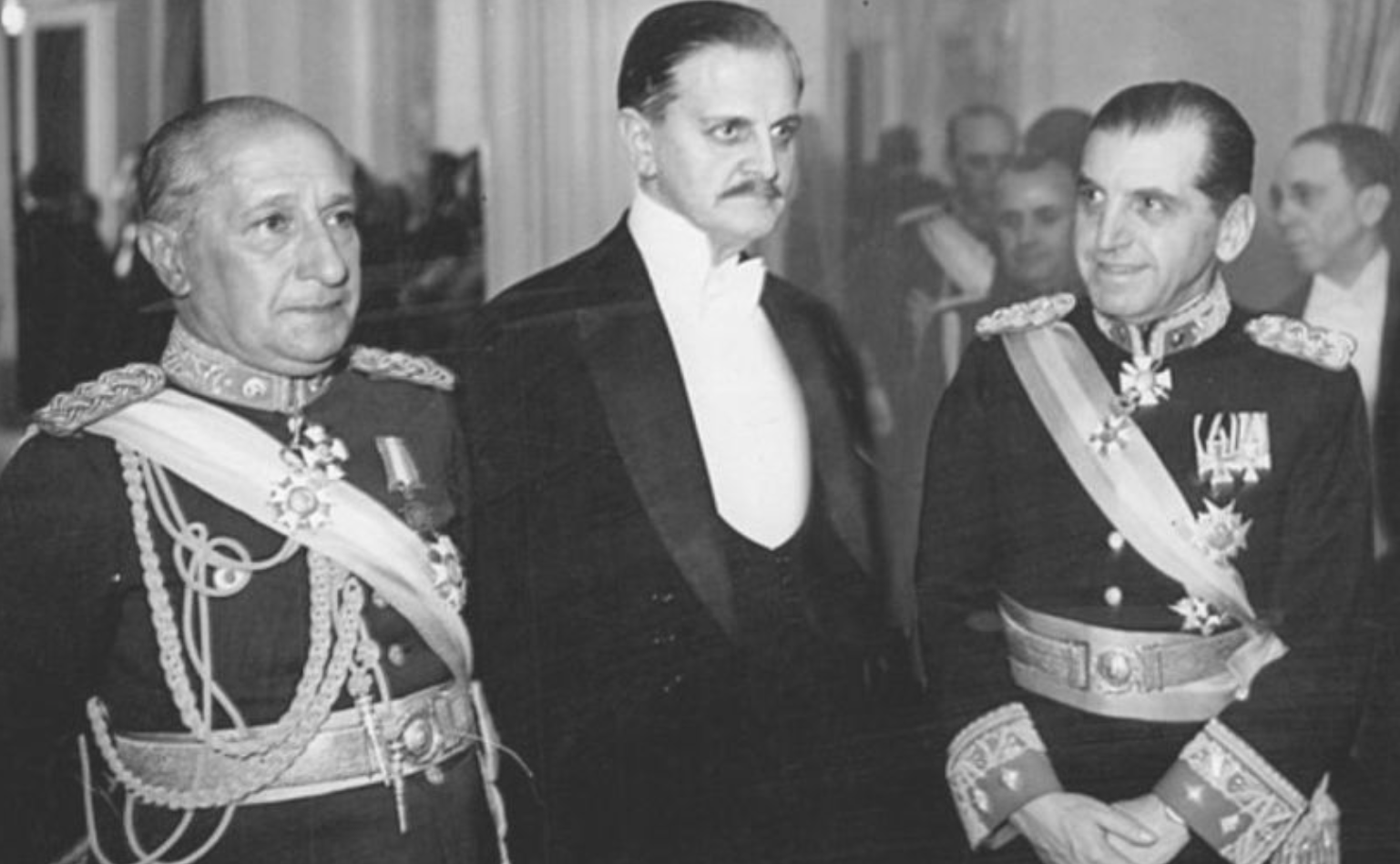Carlos Saavedra Lamas, a distinguished Argentine jurist, academic and politician, contributed significantly to world peace and to the development of a Latin American tradition of international law in defense of security, justice and the rejection of the use of force. A man of many talents, Dr. Saavedra Lamas excelled as foreign minister in the 1930s, a complicated period for Argentina and Latin America. His work for the conclusion of the Anti-war Pact of 1933, and his fundamental mediation in the Chaco War of 1935 earned him the Nobel Peace Prize in 1936, being the first Latin American to obtain such recognition.
His leading figure and the relevance of his legacy are not remembered as much as they should be. Some similarities between the 1930s and today underscore the relevance of his contributions. The international economic crisis characterizes both eras: The Wall Street bust of the 1930s and the present day. The authoritarianism of Italy, Germany and Japan in the 1930s is echoed by regimes such as Russia and China today. Multilateralism in crisis characterizes both eras, with the League of Nations then and the UN today paralyzed in the face of annexations and aggressions. The reconfiguration of the role of the United States, uncertain between isolationism and international leadership, defines both the 1930s and today.
Relations with the United States and Europe
Faced with such overwhelming scenarios, Saavedra Lamas proposed a diplomatic management based on firm moral principles and a pragmatic and legally sound foreign policy. He made many contributions to an effective and coherent international positioning of Latin America. For example, Lamas maintained a critical but realistic position towards the United States. Never did he accept Pan-Americanism as a unilateral expression that sought to confuse the differences between Latin and Anglo-Saxon countries.
At the same time, he recognized the need for regular diplomatic consultations within a framework of stable rules. Both principles were adopted in the post-war period, with the Inter-American Treaty of Reciprocal Assistance of 1947 and the Organization of American States of 1948. These principles would serve today to relaunch dialogue and coordination in the Americas.
The relationship with Europe was also valued but not idolized by Saavedra Lamas. He always conceived the rapprochement with Europe as a two-way road. Bringing Europe closer to Latin America and bringing Latin America closer to Europe would lead to a fruitful harmonization of values and interests. This makes us think of the closeness of values between the two continents, an issue questioned today by the war in Ukraine and the situation of democracy, human rights and the rule of law in Latin America. In Saavedra Lamas’ vision of the 1930s, a rapprochement with Europe would rebalance the influence of the United States. In 2023, with the upcoming EU-CELAC Summit in July, a Euro-Latin American understanding would be a very topical issue, also with reference to the assertive Chinese presence at the international level.
Peace and security in theory as well as in practice
On the subject of peace and international security, Saavedra Lamas proposed a multifactor reading. In his understanding of peace, he saw peace in a framework of international interdependence, with both a geographic and thematic dimension. Saavedra Lamas did not conceive of Latin America as a continent separate from the rest of the planet. Perhaps President Lula of Brazil should read the writings of Saavedra Lamas before giving his opinion on the conflict in Ukraine. At the same time, the Argentine foreign minister stressed the interconnectedness of peace with factors such as development, elimination of trade barriers, and education. This is an early view of modern peace studies. Moreover, creating organizations such as the UN is not enough without the moral commitment and solidarity loyalty that was pledged at the time of its creation. This is a lesson for all world leaders, Mr. Putin in primis.
Dr. Saavedra Lamas was also a protagonist in the practice of peace. Not only did he incorporate Argentina into the League of Nations, but he was also the main promoter of the Anti-war Pact of 1933 and the key mediator in the Chaco conflict (1933-35). In both cases, there are lessons for the present.
The Antiwar Pact established the principle of condemning any war of aggression. Since then, this has been a cornerstone of the Latin American tradition of politics and international law until 2022. On March 2 of that year, Bolivia, Nicaragua, Cuba and El Salvador abstained on the UN General Assembly resolution condemning the Russian invasion of Ukraine. On March 25, Brazil, Bolivia, El Salvador and Honduras abstained on a similar resolution at the OAS. Furthermore, the Antiwar Pact introduced, as a novelty at the time, the principle of non-recognition of territorial arrangements achieved by force. Did Lula know this when he offered to mediate that could recognize Russia’s violent territorial conquests?
The resolution of the Chaco war provides two great lessons. The first is that successful negotiation requires strong determination and a keen ability to read the moment. As long as one of the belligerents does not want to negotiate seriously, there is a high possibility of failure. The second is how to follow up on peace. To execute the Chaco agreements, Saavedra Lamas and the Mediating Group presided by himself, instituted an international force to separate the armies at war and then demobilize them. That was not only an anticipation of the UN Peacekeeping system, but it signals a challenge for peace in Ukraine and other conflicts such as Syria and South Sudan: Who would be willing to fund and send troops to monitor future peace agreements? Any mediating plan must foresee this challenge as well.
Dr. Carlos Saavedra Lamas was a man ahead of his time. His principles and his actions for peace, security and international prosperity provide lessons that would be very useful to Latin American and world leaders today.
*Translated from Spanish by Micaela Machado Rodrigues













